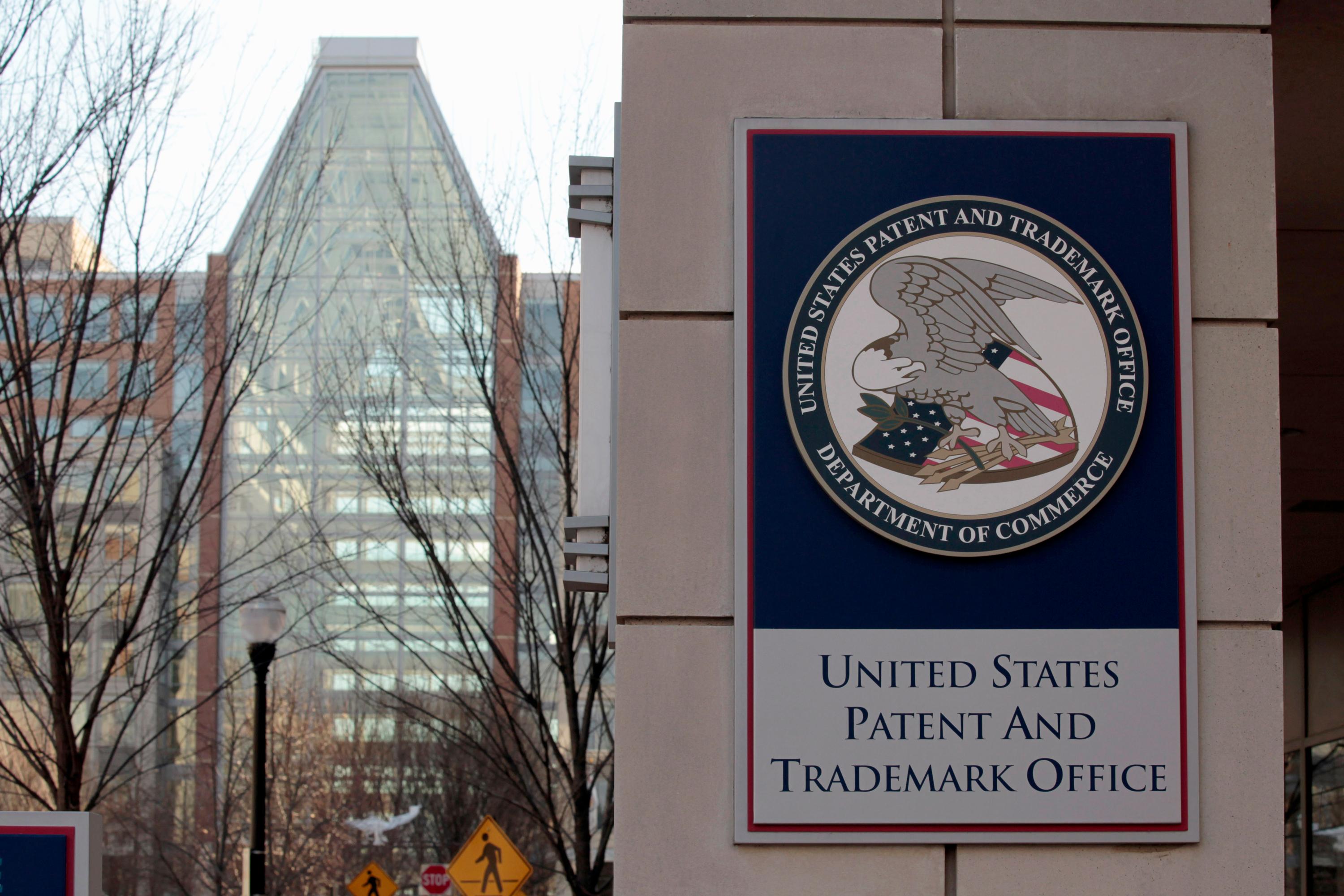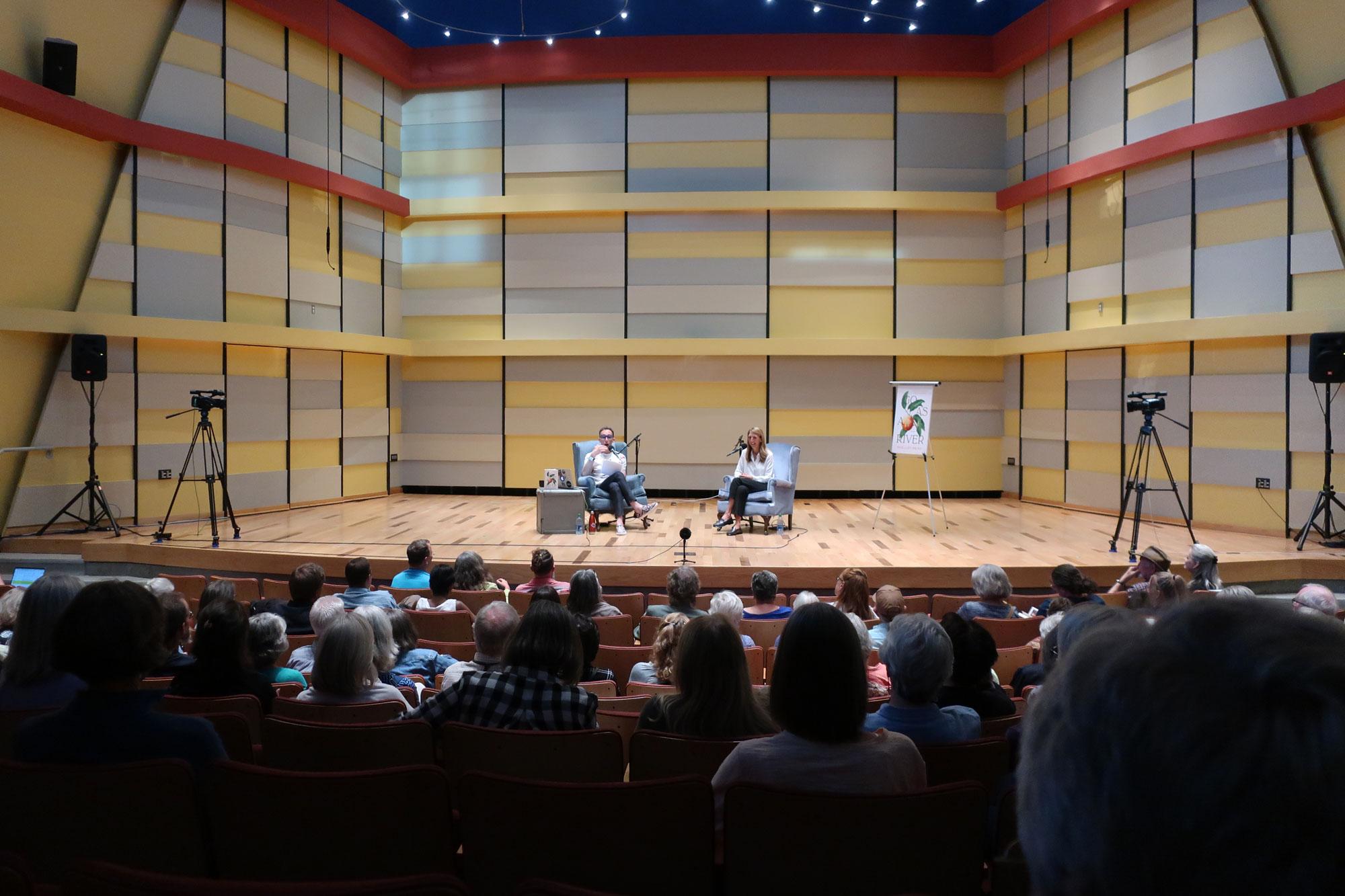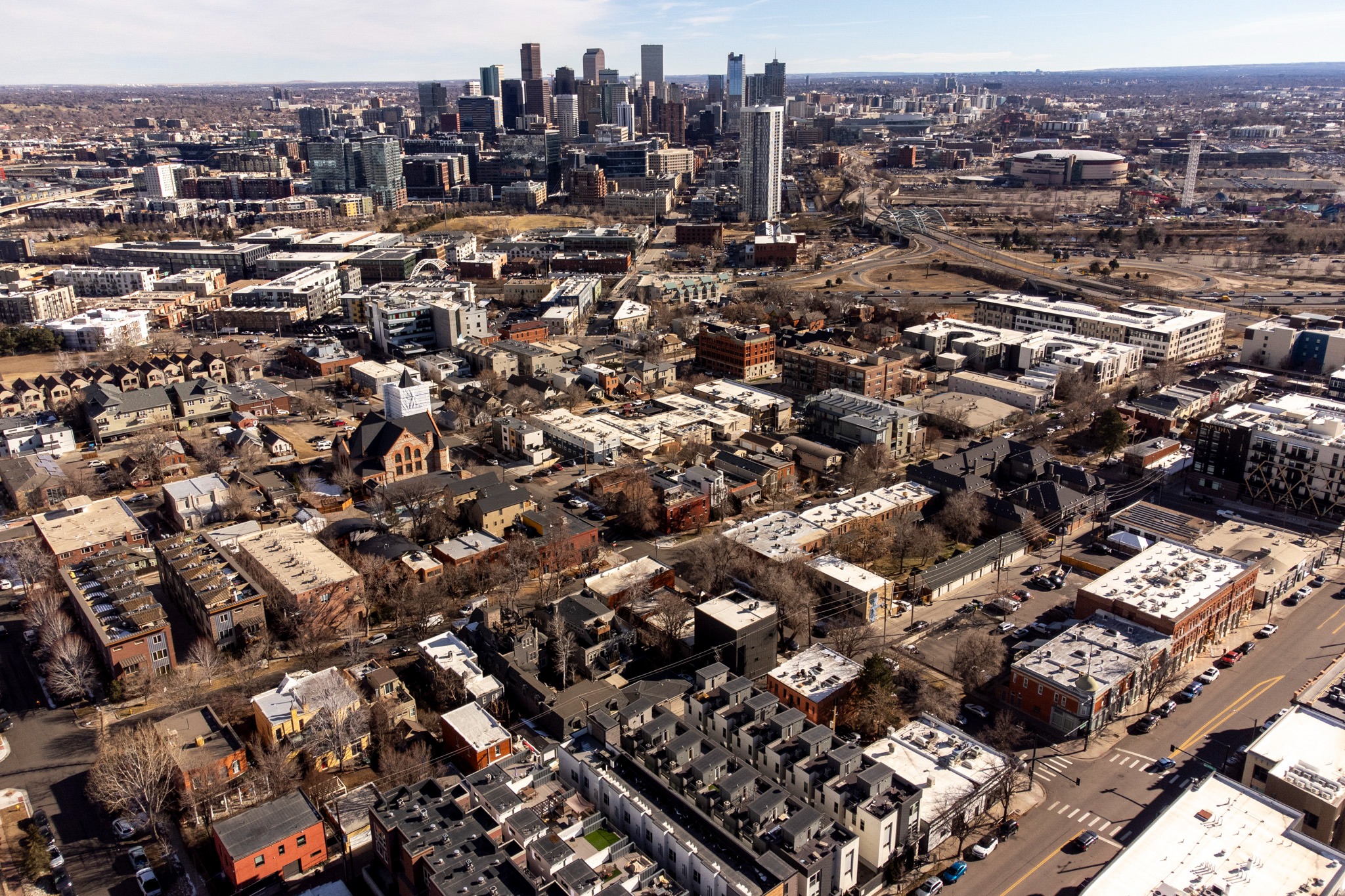
Just a year after celebrating its 10th anniversary, the Denver regional hub of the U.S. Patent and Trademark Office is shutting its doors for good. The announcement comes amid the ongoing federal government shutdown and follows the recent departure of longtime director Molly Kocialski, who led the Rocky Mountain Regional Outreach Office.
Kocialski told CPR News she chose to leave her “passion job” of nine years just weeks before the office officially closed because her role and the mission of the Rocky Mountain Regional Outreach Office had become unrecognizable to her.
More than two dozen people have been let go. It’s expected that more than 300 telework employees are now likely to report to agency headquarters in Alexandria, Virginia.
The Denver-based Rocky Mountain Regional Outreach Office was established in 2014 as the first U.S. Patent and Trademark Office satellite outside Washington, D.C. It was one of only four outside metro D.C. when it was closed and served a nine-state region including Colorado, Idaho, Kansas, Montana, Nebraska, North Dakota, South Dakota, Wyoming, and Utah. According to Kocialski, it played a key role in connecting entrepreneurs, inventors, and patent applicants across the Mountain West with federal resources.
“Our job was to create accessibility,” Kocialski said. But since President Trump took office, Kocialski says that's been next to impossible. “We used to do 75-80 outreach events per quarter, and I think we got relegated to about 10-15 at most this last year… if that.”
In addition to a significant reduction in outreach and educational events, Kocialski says the administration systematically restricted office functions and instated a complete travel ban on staff in their 9-state region.
The Rocky Mountain Regional Outreach Office’s establishment was driven in part by Colorado Senator Michael Bennet, who led a bipartisan effort to bring the office to the state. In a press conference on Wednesday, Bennet said he was "disappointed" to hear the patent office closing.
“I think Colorado has one of the most innovative economies in America, and it will continue to have that innovative economy without regard to whether the regional patent office is located here,” Bennet said. “But I am disappointed that the Trump administration has made a decision to close it.”
In an interview with CPR last year, Kocialski noted that patent activity was on the rise — particularly in Colorado.
“The one thing that still holds true is that necessity is the mother of invention,” Kocialski told Colorado Matters host Ryan Warner. “You have a problem, and you're inspired to find a way to solve it.”
Kocialski highlighted a broad range of innovation happening across the state, from agritech in northern Colorado and cybersecurity initiatives in the south to quantum research at NIST, climate science at NOAA, and a growing space industry anchored by Buckley Space Force Base. “That’s just going to increase,” she said at the time.
Now, Kocialski worries that the human cost of the office’s closure goes beyond its employees, affecting the broader innovation ecosystem in the region. With the loss of the satellite office, inventors — especially small businesses and independent creators — lose access to vital, personalized support. Kocialski says this makes individuals seeking patents more vulnerable to scams.
And it’s not just businesses that will feel the loss, according to Kocialski, who recalled a 12-year-old boy who had reached out for help navigating the patent process.
“That kind of personal connection, that level of access — it only happens when there’s someone local,” she said. “No one in D.C. is ever going to pick up the phone for a 12-year-old inventor.”
In a statement released Wednesday, the USPTO confirmed the office’s “permanent closure,” citing high overhead costs and dwindling staff.
“A typical regional office requires more than $1 million in leased office space and overhead expenses,” the federal agency said in a statement. “As of December 2024, the number of employees in the Rocky Mountain office had dropped to fewer than 10.” The statement said that “physical space” for office space was deemed unnecessary because of this.
Kocialski’s response? “That's a lie.”
“We would have USPTO employees in the form of examiners, supervisory, patent examiners and judges, as well as the Rocky Mountain staff that was dedicated to outreach well above 30 on a regular daily basis. I mean, there might be variations in that number, but it was well above 30,” Kocialski said.
CPR News reached out to USPTO for an interview but has not heard back as of press time.
Kocialski noted other federal employees also occupied the office, including employees of NASA and NIH. According to her, the number of employees jumped to more than 50 people physically in the office space. More than 300 others who telework report to the Denver office.
The statement did not provide many additional details, though an alert on the Rocky Mountain office’s website noted that the agency “will remain open and fully operational until further notice under operating reserves from the prior year’s fee collections.”
While it’s still unclear why the agency decided to close the office, Kocialski believes it may be part of a broader pattern of targeting federal offices in politically opposing states. Colorado has more than 30 lawsuits against the Trump administration.
“I think Governor Polis has been very pointed with the administration… and this administration has clearly shown that retribution is part of its approach,” she said. “I mean, why else would you target law firms in executive orders? That’s never been done before.”








